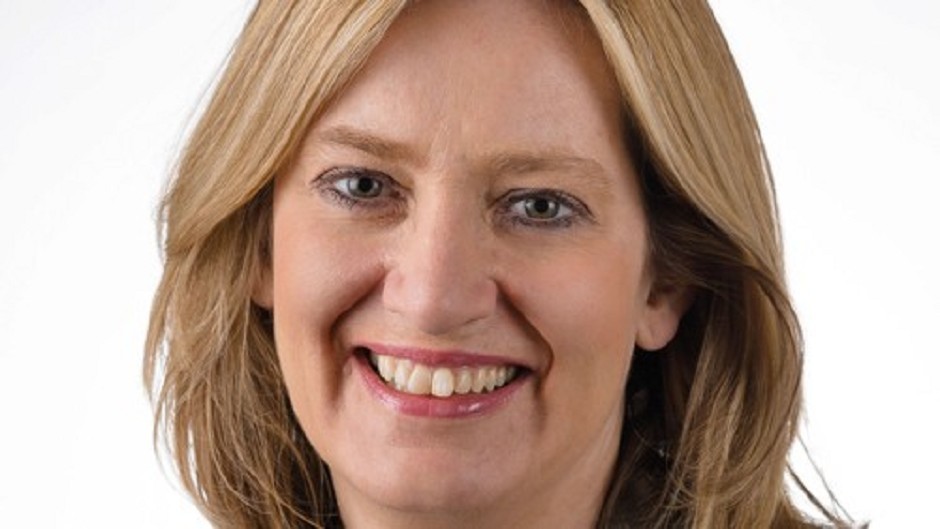The UK Government will not take forward a project designed to cut electricity bills for thousands of families in the north and north-east of Scotland.
A plan to peg costs to those in the UK’s second most expensive region was drafted by ex-Treasury chief secretary Danny Alexander before he lost his seat last year.
But the Department for Energy and Climate Change (Decc) has now ruled out implementing the proposal after it was considered as part of a wider consultation.
A spokeswoman told the Press and Journal the measure would increase network costs overall.
She added: “There will always be winners and losers because electricity distribution charges vary from region to region.”
This is a separate bone of contention for campaigners who have made repeated calls for a single national market.
These were also rejected by the government yesterday in its response to the three-yearly review of the Hydro Benefit Replacement Scheme (HBRS), which is being continued.
Introduced in 2005, it is aimed at protecting bill payers from the high costs of distributing electricity in the north of Scotland and due to provide £58million assistance – around £41 per household – this year.
Energy Secretary Amber Rudd hailed the ongoing commitment.
The Tory frontbencher added: “Our priority is to keep bills as low as possible for hardworking families across the UK.
“That’s why it’s right for us to continue to support people in Scotland who face higher energy bills simply due to the location of their home”.
But campaigners were disappointed there are no plans to introduce a national market for distribution.
They have urged a complete overhaul of the regional system under which consumers in the north of Scotland and parts of the north-east face higher electricity bills.
The government’s response said it did not support a “move away from the important principle of cost reflective charging”.
SNP MP Ian Blackford, who represents Ross, Skye and Lochaber, will lead a debate on the issue at Westminster today.
Last night he insisted customers in the region should not be penalised simply because of where they live.
He added: “In the parts of the country that have the highest level of fuel poverty, people are being discriminated against.
“People here are paying a premium for their electricity. There’s a basic issue of fairness.”
